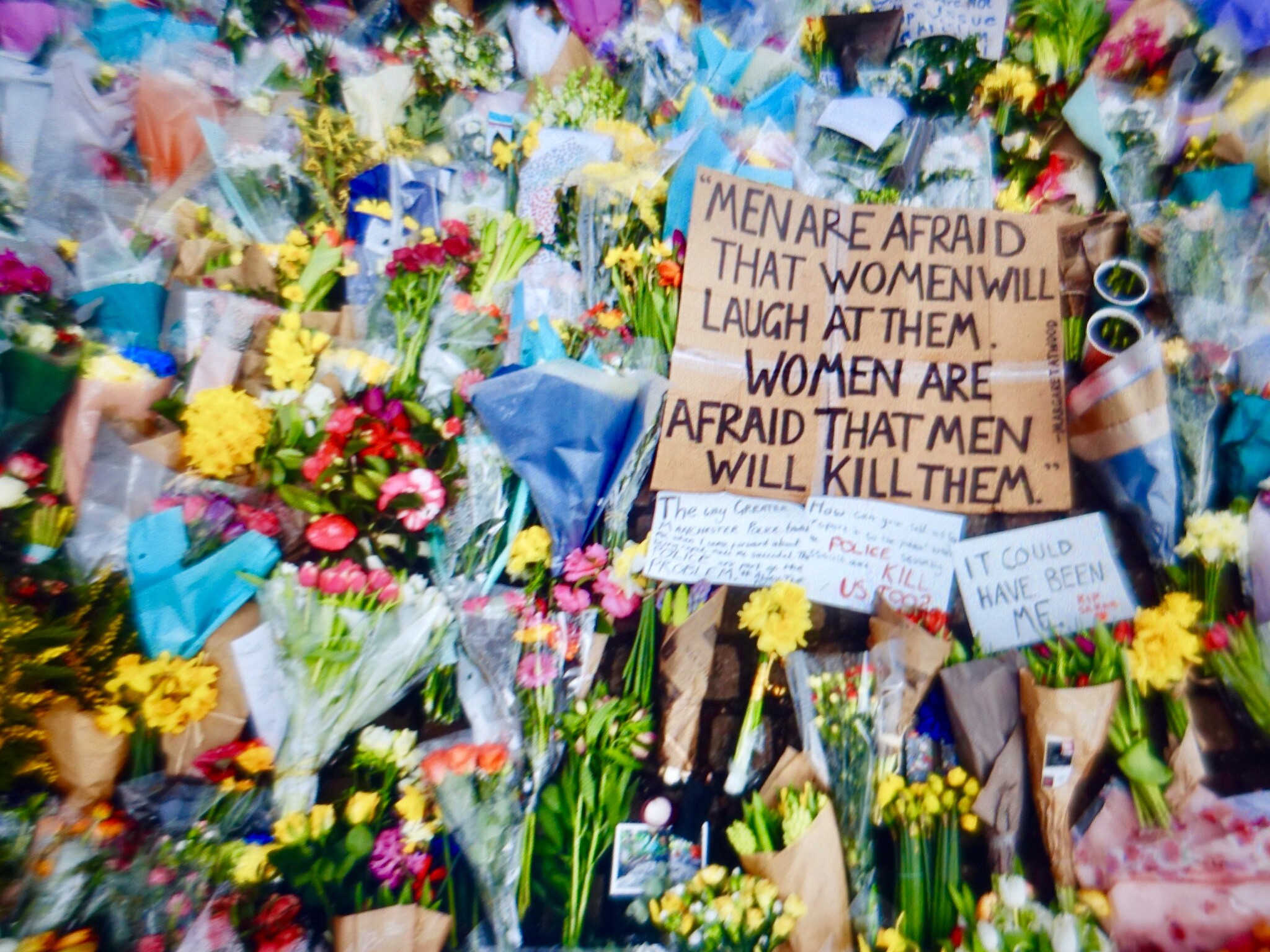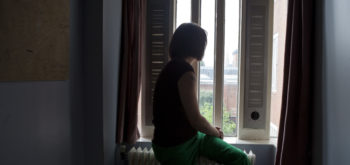A crowdfunding campaign to support a challenge over the limited scope of the inquiry into the murder of Sarah Everard has been launched by a legal charity. The Centre for Women’s Justice plan to take the Home Secretary to court over the Angiolini enquiry, which will look solely into events surrounding Everard’s murder. The group argues that the current scope of the inquiry ‘misses this once in a lifetime opportunity to look into and learn from many other cases of police perpetrated violence against women and the wider culture of police misogyny.’
The legal proceedings coincide with a period where the Met faces intensive scrutiny of the behaviour of its officers. As previously reported by the Justice Gap, a report by the Independent Office of Police Conduct identified ‘a culture of bullying’ and misogyny in the police force. The CWJ have called on the Home Secretary to expand the scope of the Angiolini Inquiry in October, and to conduct the review through the statutory procedure established by parliament. The charity stated that the inquiry in its current form ‘won’t have the power to: compel witnesses or evidence from the Met; to protect whistle-blowers within the Force who may be able to provide important insight and information; or to protect victims who want to speak up but fear doing so’.
In a meeting of the Home Affairs Select Committee on Wednesday, Priti Patel responded to the IOPC report into the behaviour of police officers based in Charing Cross. ‘That is why through the Angiolini Inquiry we are specifically looking at the culture of policing because we have to, we got to really pull back the layers, in terms of not just attitudes but what is that culture… that permeates in policing and what are we going to do, collectively to change that,’ said the Home Secretary.
Harriet Wistrich, head of the CWJ refuted this, saying: ‘Anyone looking at the terms of reference (of the inquiry) can see that is untrue.’
‘Only the review led by Baroness Louise Casey, instructed by the Metropolitan Police Commissioner and conducted behind closed doors, is currently tasked with investigating the culture and standards of behaviour within the MPS. This means that the extent to which the culture of the Met police is even looked at in Phase 2 of the Angiolini Inquiry is entirely dependent on the findings of one Met review, if it even takes those findings into account at all.’
The full application for a judicial review will be lodged by the charity next week.







